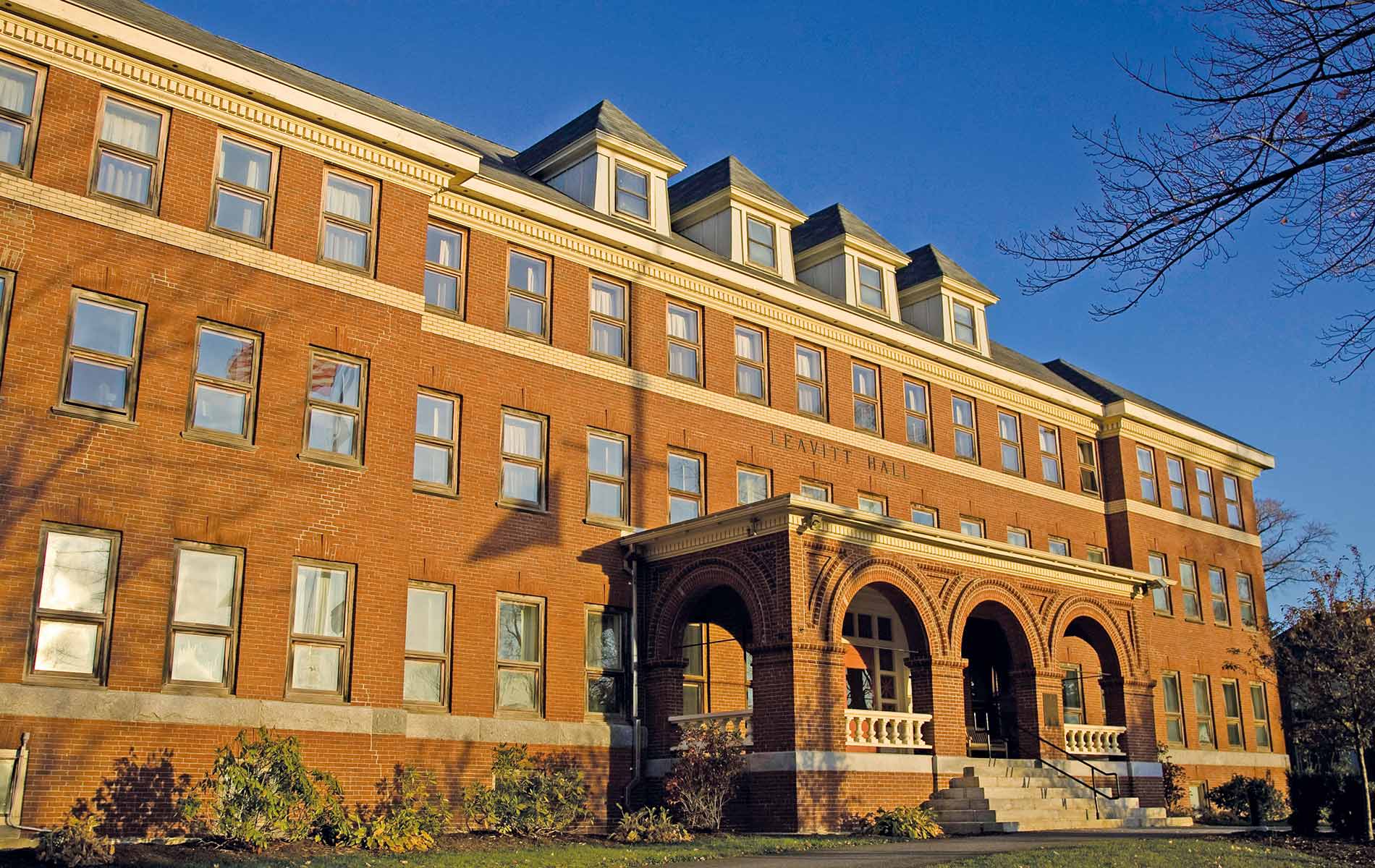
vie-magazine-connemara-life-universities-tullycross-hero
Photo courtesy of Marine Maritime Academy
Partners in Education
The Past and Future of Tullycross Village
By Kevin Heanue
The picturesque village of Tullycross in Renvyle, Connemara, is gaining a reputation as the destination of choice for US colleges to base their Ireland study abroad programmes, especially if they want to offer students a community-engaged experience. By the end of 2017, students and faculty from eight US colleges in six different states will come to Tullycross for periods ranging from one week to a full semester to study Irish history, literature, and culture; take up internships with local organisations; engage in community-focused research and scholarship with Irish academics and community members; get involved in service-learning activities; and have a deep cultural immersion experience within a supportive rural community. They do this with the help of a local development organisation named Connemara West. But how did this all begin?
In 1973, Aquinas College in Grand Rapids, Michigan, started its Ireland study abroad programme in Tullycross by bringing students and two faculty members to the village for two semesters. They stayed—and students and faculty continue to stay each year for a spring semester—in the nine Renvyle thatched cottages owned by Connemara West, a non-profit, locally owned and managed development organisation based in Letterfrack village, five kilometres away from Tullycross. Established in 1971 and owned by five hundred local shareholders, Connemara West is managed by a volunteer board of nine local directors and employs twenty-eight people. Its mission is to create a sustainable economic, social, and cultural future for north-west Connemara by working with private and public Irish and international organisations to develop innovative solutions to local employment, education, communication, and social service provision challenges.
Over the past forty-three years, the annual visit from Aquinas College has had an immense social and cultural impact on the Tullycross community, including the establishment of many deep and lasting friendships, several marriages, wide-ranging personnel exchanges across the Atlantic, and even financial support from Aquinas College for a member of the Renvyle community to study full-time in the United States. Also, as Aquinas College students arrive in Tullycross each January to begin their four-month stay, they bring a welcome boost of young people into a community that has, over the past seven to eight years, witnessed the emigration of a lot of its own young people due to economic recession. The students and faculty live, shop, and socialise in the locality for the duration of their stay. This helps sustain employment in local businesses and services. The scale of what has happened is staggering. Aquinas College has so far probably brought more than a thousand students and faculty to Tullycross, not to mention the family and friends who also visit.
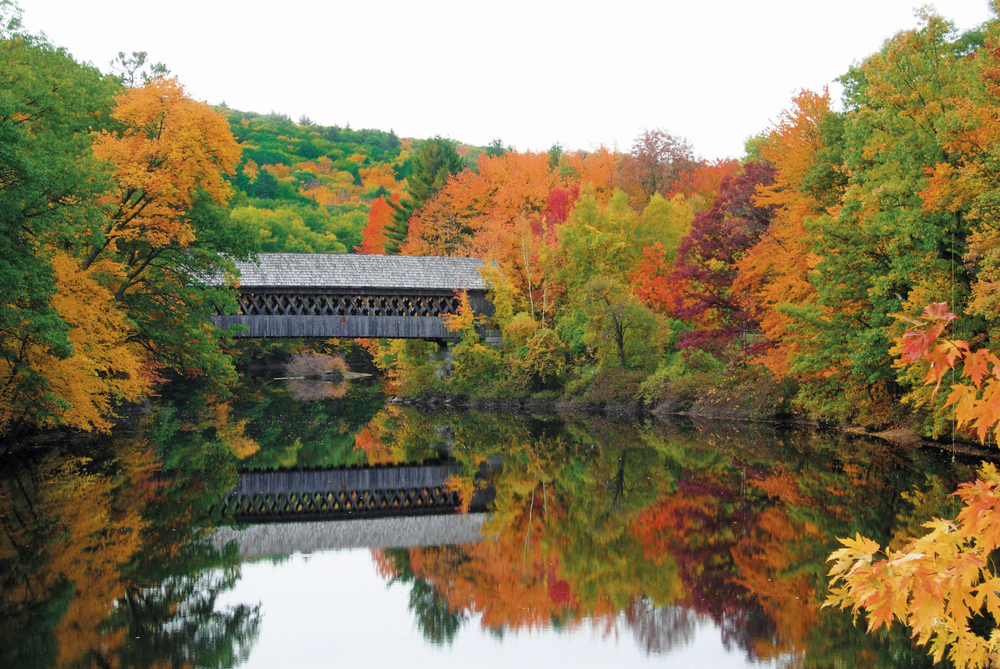
Photo courtesy of New England College
These positive impacts brought forth Connemara West’s education-led local development strategy in the late 2000s. It seeks to make Tullycross and the Renvyle Peninsula the destination of choice for US colleges wishing to provide their students with high-impact educational practices in an Irish rural environment and, in turn, be an economic, social, and cultural stimulus for the Renvyle community. In partnership with Aquinas College, the company began to discuss how other US colleges could be brought to Tullycross. In due course, these discussions led to the signing of a memorandum of understanding between the two organisations. Creating a residential education centre for research, education, and community engagement in Tullycross was one goal of that agreement.
That goal is now becoming a reality. Aquinas College provided Connemara West with introductions to key personnel at other US colleges who might be interested in starting study abroad programmes in Ireland. News about the opportunity to come to Tullycross also spread among US colleges by word of mouth, leading some to contact Connemara West. In 2008, Maine Maritime College, based in Castine, Maine, brought its first group of students to the village. Lourdes University in Sylvania, Ohio, and Kirkwood Community College of Iowa City, Iowa, also began programmes with Tullycross in 2013. In 2016, Saint Louis University of Saint Louis, Missouri; Grand Valley State University of Grand Rapids, Michigan; and New Hampshire Technical Institute of Concord, New Hampshire, have brought or will bring students on their inaugural visits. New England College of Henniker, New Hampshire, plans to begin its programme in 2017. The students from these colleges span a variety of disciplines, ethnic backgrounds, and ages, ensuring a diverse cultural experience for the residents of Tullycross also.
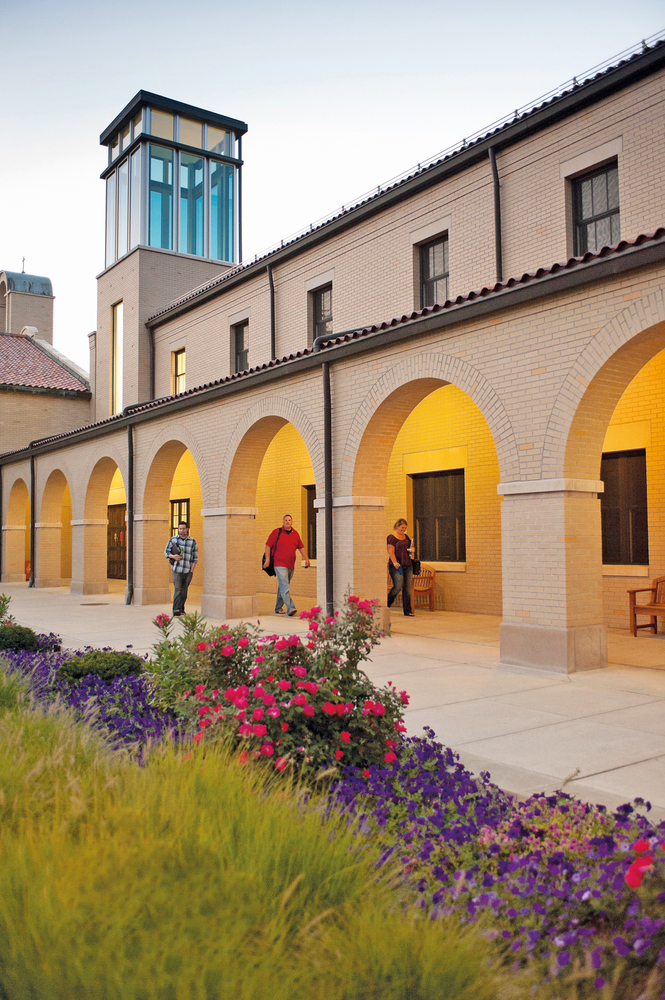
Photo courtesy of Lourdes University
What is it about Tullycross that US colleges find attractive as a location for their study abroad programmes? The small village’s resident population doesn’t much exceed thirty people, and its limits contain a church, a village hall, a credit union, two bars, a hotel, and a diner. Connemara West’s support of study abroad programmes provides a safe, welcoming cultural immersion experience to the students and faculty of these colleges, drawing on four decades of experience in doing so. The local community in Tullycross village makes the experience worthwhile. In addition, the locality has a high density of collaborating organisations that allow Connemara West to facilitate internships, research, and service learning opportunities for the US colleges and therefore can help these colleges deliver high-impact education practices to their students in a uniquely rural yet international context, which is highly desirable. Of course, it helps that Tullycross is situated in a stunningly beautiful part of Connemara, close to the Atlantic Ocean.
Connemara West has obtained planning permission for a major refurbishment and renovation of the nine thatched cottages in Tullycross where the students and faculty live during their visits. When renovated, the cottages will accommodate forty students and professors. In addition, a planned new-build education centre in the village will contain a fifty-seat auditorium, a Wi-Fi-enabled learning hub/library, group study/breakout rooms, video conferencing facilities, a conference room, and a coffee dock.
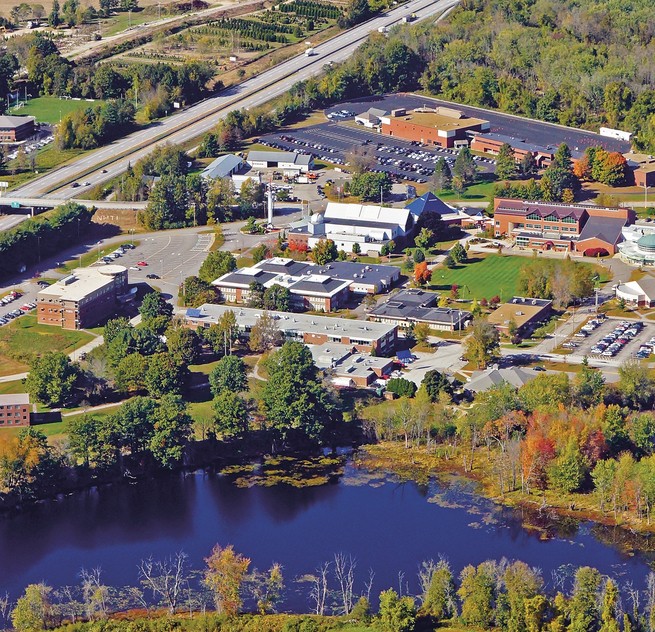
Photo courtesy of New Hampshire Technical Institute
In addition to being a teaching base for the study abroad programmes for the US colleges already recruited, the education centre will have many other functions: a dissertation completion retreat for US graduate students; a US college faculty professional development centre; a lead venue for a summer programme on resilience and sustainability; a venue for online delivery and certification of courses from US colleges to Irish communities; an administrative and promotional centre for fellowships for Irish residents to the US colleges that use the centre; a centre for comparative research on rural community leadership and engagement; and a location for community meeting rooms, training, and events. A fundraising campaign to finance these developments has begun in both the US and Ireland.
What is happening in Tullycross has huge potential to act as a positive force for change into the future. Other rural communities throughout Ireland can learn lessons from the Tullycross experience and seek to forge their own links with US colleges. The opportunity is underpinned by a large market. In 2013, approximately 289,000 US students studied abroad, with 53 per cent coming to Europe but only 2.8 per cent studying in Ireland. Both US colleges and Irish communities could explore these possibilities by attending the Interchanges microconference held in Renvyle House Hotel, Connemara, in mid June each year. The aim of Interchanges is to provide a forum where intending or existing independent US–Ireland study abroad programme directors and other faculty and students can network with each other and with Irish collaborative partners on location in rural Ireland.
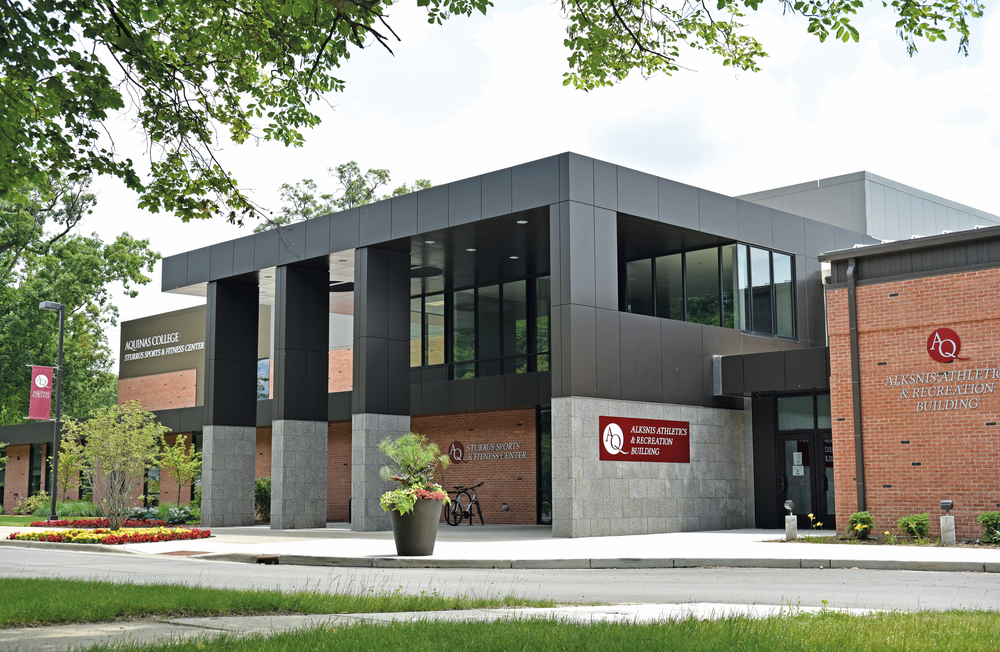
Photo courtesy of Aquinas College
—V—
Share This Story!
KEEP UP WITH THE LATEST STORIES FROM VIE


















































































































































